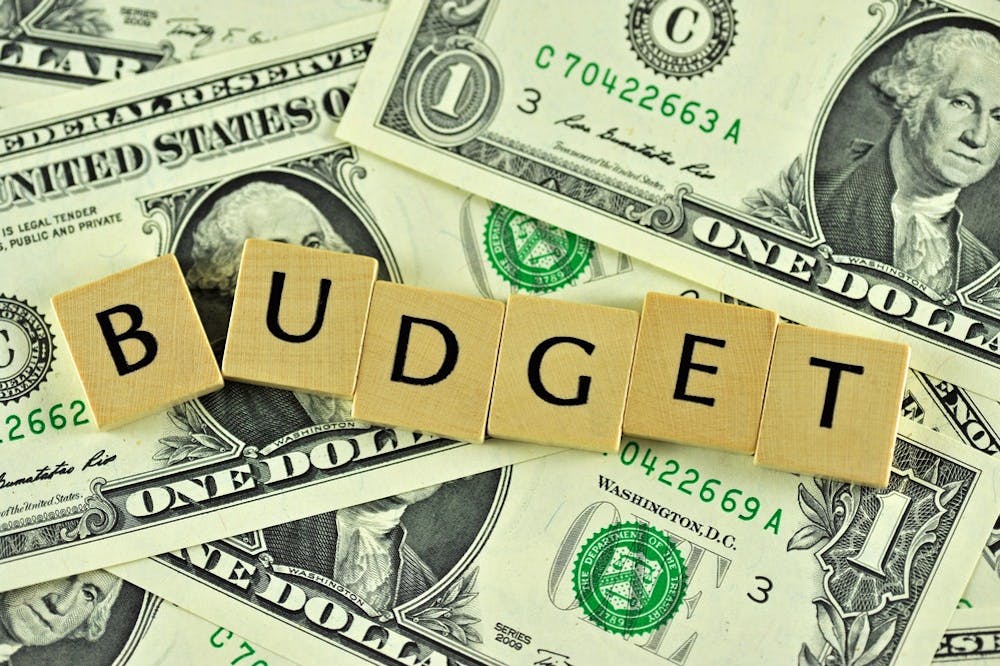Your budget isn’t a static set of rules for your finances set in stone for the whole of your life. As your financial situation changes, your budget will change with it. In fact, one of the most important things you can do to keep yourself on track financially, is make sure you regularly update and improve your budget, based on the changing circumstances in your life. When you finish college, you may have a brand-new range of changes to account for in your budget, from new expenses to new sources of income (like a more consistent full-time job). Making sure you get your budget back on track should ensure you can move into the next stage of your life as seamlessly as possible after earning your degree.
Regularly Check Mandatory Expenses
First, start by making a list of all the essential expenses you’re going to need to account for now you’re out of college. While you might not have to pay for the costs of your college dorm anymore, you will need to pay for other expenses, like student loan repayments and essential living expenses. Regularly checking your mandatory expenses is a good way to ensure you’re not overpaying for anything. After graduation you may be able to refinance student loans with better terms as your credit score improves. You might also be able to get an improved offer on your internet costs, insurance, and other everyday expenses too. Don’t just assume your existing situation is the best you can do. Shopping around and speaking to different providers can save you a lot of money.
Find Ways to Track Your Money
Following money saving hacks for college students can be beneficial during your tenure but once you graduate you need to up your game. The period after leaving college can be a transitional one full of many changes for a lot of young adults. With that in mind, it’s a good idea to have ways of tracking your expenses, so you can keep on top of your incoming and outgoing cash. Having an app where you can track costs on your phone is a good start. There are a number of banks and online banking companies which will allow you to track various costs this way. Some apps even come with calendar tools to help you keep track of upcoming expenses, so you don’t overspend. Tracking your money consistently for a few months will give you an idea of how much money you can expect to have coming into your bank account each month, and how much you have going out. You can use this to start the basis of your budget.
Know Your Priorities
Finally, when you’re changing your budget after earning your degree, there’s a good chance you won’t have a huge income to pay for everything you might like straight away. With that in mind, it’s a good idea to get to know your priorities. Think about what matters most to you when you’re sorting through your finances. In general, it’s a good idea to start with paying off debts and loans as early as you can. After that, focus on building your emergency funds so you always have cash to tap into if you’re in a difficult position. Finally, you can begin to think about the kinds of things you want to save for long-term.


